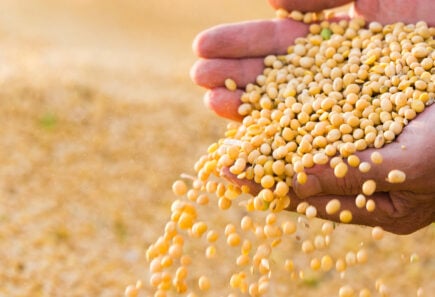
Minnesota state programs
These Minnesota state grants, loan programs, and tax credits are likely relevant to the alternative protein industry. Companies should assess their own eligibility for programs of interest.

These Minnesota state grants, loan programs, and tax credits are likely relevant to the alternative protein industry. Companies should assess their own eligibility for programs of interest.

Discover key takeaways for startups looking to form resilient and mutually beneficial partnerships with corporates.

Protein made via fermentation provides an opportunity to enhance food system resilience. Policy mechanisms can drive down costs and scale production.

The Codex Alimentarius is a collection of international food standards and related texts developed by the Codex Alimentarius Commission. We participate in the development of Codex standards and texts related to alternative proteins.

Using proven biomanufacturing methods like fermentation to produce protein can help ensure a stable food supply during supply chain disruptions.

Discover federal loan and loan guarantee programs that may be used to support alternative protein manufacturing and investment.

Explore our fact sheet to learn about the state of sustainable protein production in California, including recent industry and research developments.

Dive into a category overview and insights for plant-based and fermentation-enabled steaks, filets, chicken breasts, and other whole-cut products.

Research shows that a large majority of American adults understand what plant-based meat products are based on current labeling.

This fact sheet examines the relationship between plant-based meat prices and sales volume and identifies potential pricing and promotional strategies for the market.